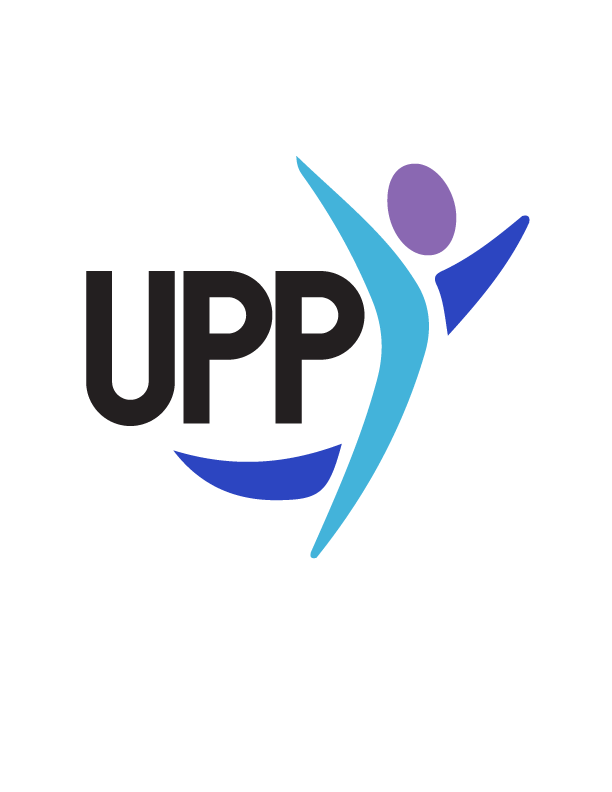WEEK 19- Let’s get physical
Equipment Required
Students will need to have some space around them to be able to do the physical movements.
PERMAH Element
Health and Positive emotions
Teachers to read and facilitate the following:
Rationale
If we eat, move, and sleep well today, we will have more energy tomorrow (Rath, 2013). Being active everyday is what keeps us healthy and helps prevents illness. When we are being active- either walking to school, playing sport, jumping, climbing a tree, doing a dance or something that gets our heart and lungs working, we are building a healthy body and mind. We are giving our bodies more strength, stamina, flexibility, balance and coordination. Being active also improves our concentration, self confidence and thinking skills. It enhances the way our brain works. Exercise releases neurotransmitters such as serotonin, dopamine, norepinephrine, and increases the levels of brain chemicals (called growth factors). All of these chemicals help to make new brain cells and establish new neural connections- leading to improved learning, memory and attention (Kern & Mcquaid, 2017). Regular exercise is also one of the best ways to get a good night's sleep, feel good and function better.
Description of Personal Wellbeing Practice: Let’s get physical- Group Movement
Each person in the class should think of a short exercise that can be done on the spot and gets your blood pumping- e.g. star jumps, running on the spot, push ups, burpees, plank, sit ups, dips, squats or an active dance move.
Teacher to choose five to eight students with different exercises to share with the class and complete the exercise for 30 seconds each.
Main message:
“Physical fitness is not only one of the most important keys to a healthy body, it is the basis of dynamic and creative intellectual activity.” John F. Kennedy
UPP’s Personal Wellbeing Practices
A Personal Wellbeing Practice (PWP) is an evidenced-based positive psychology intervention, applied in school communities or other educational settings. At UPP, we have tried to make these PWP’s simple, concise and relevant for students and their teachers. The six elements for the Personal Wellbeing Practices are: Positive emotion (P); Engagement (E); Relationships (R); Meaning (M); Accomplishment (A); and, Health (H).
We hope that these evidence-based tools of positive psychology will enhance help people to thrive and live their best life, both within and beyond the school gates.
For more activities like this (and much more), check out THRIVE Online Lesson Modules for Pastoral Care and Wellbeing.
Unleashing Personal Potential

